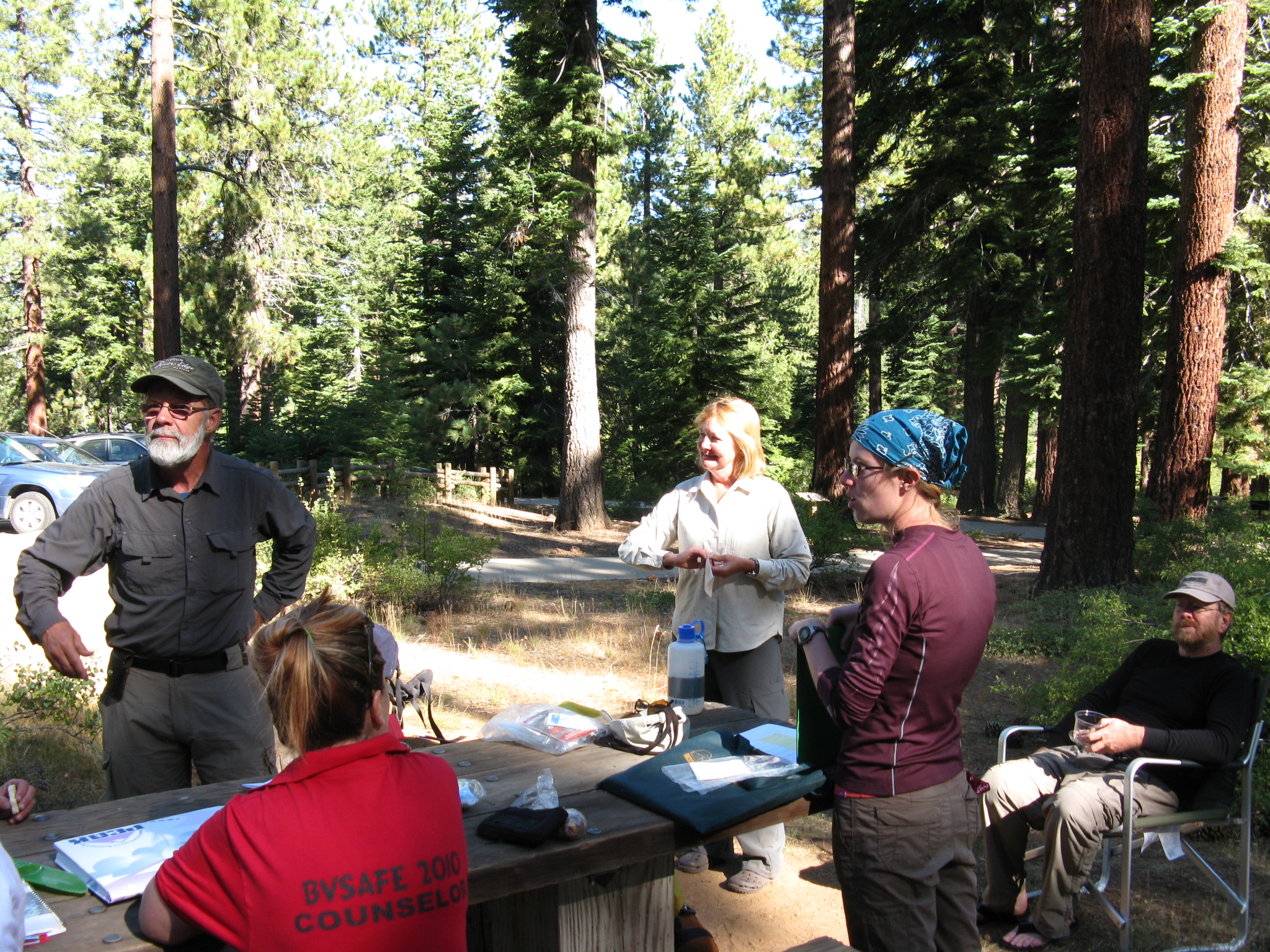LNT backpacking is a style of outdoor recreation that focuses on the minimal impact that an individual has on the environment. It is based on a set of principles put forth by the Leave No Trace Center for Outdoor Ethics, which encourages travelers to leave no trace of their presence in nature. This includes being mindful of natural resources, minimizing disturbances to wildlife, and packing out all waste.
The LNT backpacking principles can be broken down into seven key elements: plan ahead and prepare, travel and camp on durable surfaces, dispose of waste properly, leave what you find, minimize campfire impacts, respect wildlife, and be considerate of other visitors.
Planning ahead involves researching the area before you go so that you know the conditions you will be facing and how best to prepare for them. When traveling or camping outdoors, it is important to stick to existing trails and campsites as much as possible in order to avoid damaging fragile ecosystems or disturbing wildlife habitats. When camping, it is also important to use existing fire rings instead of starting new fires.
Disposing of waste properly means packing out all trash with you when you leave a campsite or trailhead. This includes food scraps as well as packaging materials such as wrappers and plastics. It is also important to bury human waste at least 6-8 inches deep in order to prevent contamination of water sources or attracting wildlife.
The other four principles involve leaving what you find untouched; respecting wildlife by observing from a distance; minimizing campfire impacts by using existing rings whenever possible; and being considerate of other visitors by keeping noise levels low and being respectful of their space.
LNT backpacking encourages individuals to enjoy nature responsibly so that future generations can continue to do so without disruption or damage to the environment around them. By following these principles, individuals can help protect fragile ecosystems while still enjoying their time in nature without leaving any trace behind them.
What Is LNT Backpacking?
LNT backpacking is an outdoor activity that follows a set of principles from the Leave No Trace Center for Outdoor Ethics in order to minimize one’s impact on the environment while still enjoying nature responsibly. The seven main elements include planning ahead and preparing, traveling and camping on durable surfaces, disposing of waste properly, leaving what you find untouched, minimizing campfire impacts, respecting wildlife by observing from a distance, and being considerate of other visitors. By following these guidelines individuals are able to enjoy nature without disrupting or damaging it for future generations.
9 Related Question Answers Found
Backpacking is a term used to describe the activity of travelling with a backpack full of supplies. It is a type of low-cost, independent travel that involves carrying all essential items on one’s back. It has become increasingly popular in recent years, and for good reason.
Backpacking is a way of travelling that involves carrying all of one’s belongings in a backpack, rather than in suitcases or other forms of luggage. Backpackers use public transport and hostels, or camp outdoors, to keep costs to a minimum while they explore different areas. It is a type of low-cost, independent travel that has become increasingly popular in recent decades, especially amongst younger people.
Backpacking is a type of low-cost, independent travel. It involves carrying one’s possessions in a backpack and staying in inexpensive accommodations such as youth hostels, camping grounds, or couchsurfing. This form of travel enables people to experience new cultures, meet new people, and explore the world in a financially responsible manner.
Going backpacking is an amazing adventure and a great way to explore the world. It is the perfect way to escape your everyday life and immerse yourself in new cultures, landscapes, and experiences. Backpacking is not just about having a great time, it can also be a learning experience.
Backpacking is an activity that has been around since the early days of mountaineering and exploration. It involves traveling with a light pack on foot, often in remote areas such as mountains and forests. Backpacking is a popular activity among outdoor enthusiasts, due to its combination of physical exercise and exploration of nature.
Backpacking is a form of travel that has been around for centuries. It involves carrying all of one’s belongings on their back, often in a backpack. Backpacking is most commonly done on foot, but some may use bicycles, horses, or donkeys to traverse long distances.
Backpacking is an activity that involves travelling with a backpack filled with essential items. It is a form of budget travel that allows the traveller to explore different locations without having to worry about the high costs associated with other types of travel. Backpackers often camp, stay in hostels or other budget-friendly accommodations, and rely on public transport or hitchhiking to get around.
Going backpacking is an experience that can provide lifelong memories, and it’s one of the most popular activities for people who love to travel. Backpacking involves traveling with a backpack and minimal supplies, often for extended periods of time. The goal is to visit different cities and countries, explore different cultures, learn about different lifestyles, and experience different places.
Backpacking is one of the most popular forms of travel today. It involves taking a long journey, usually by foot, carrying everything you need for the trip in a backpack. Backpacking offers an opportunity to explore and experience new places, cultures, and landscapes on a budget.
